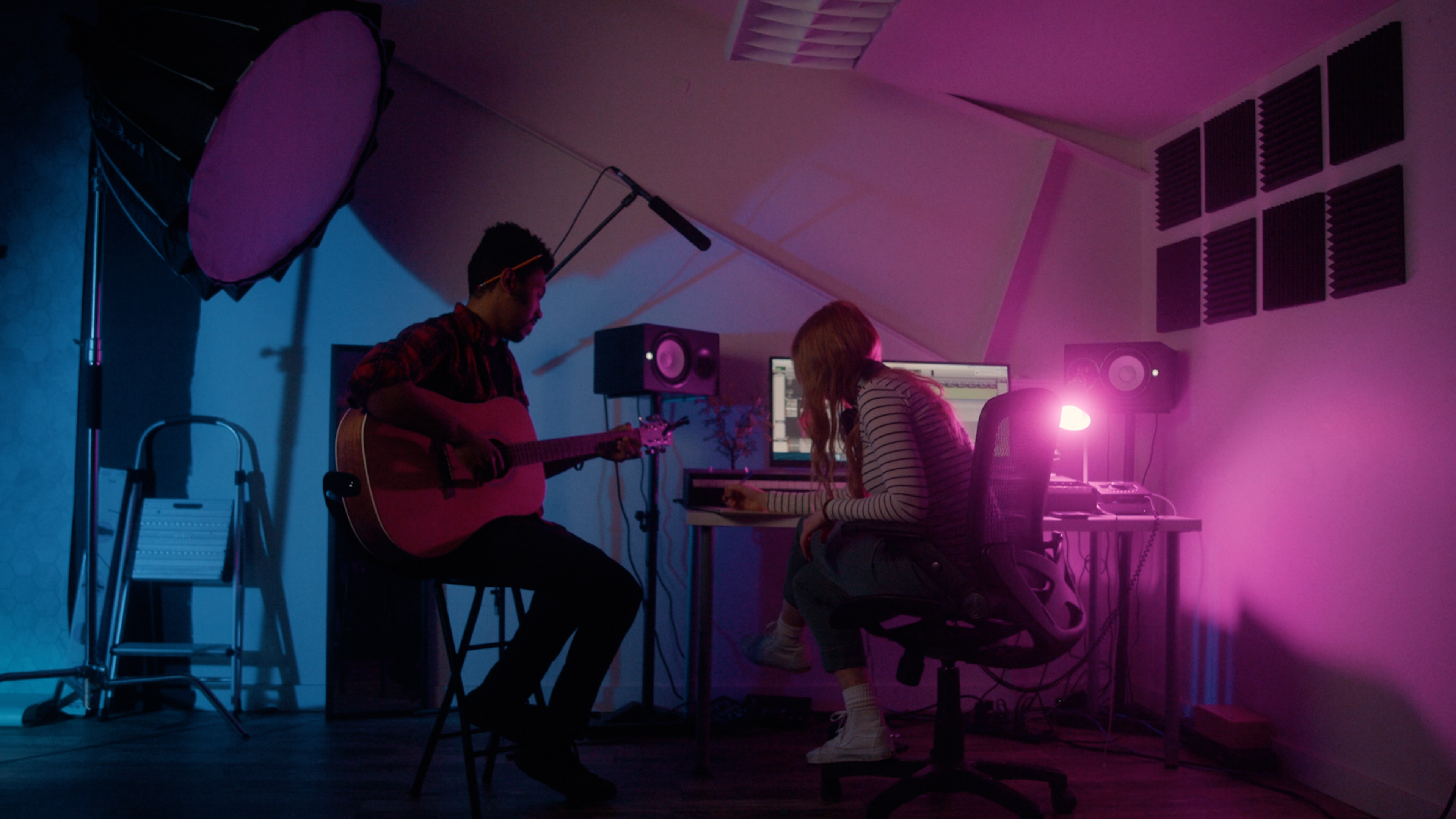
4 Things To Know When Hiring A Composer
I’ve had the unique dual experience of being both a filmmaker and composer. And I’ve used this knowledge to develop these tips.
Continue Reading
Bryant Lowry is a musician, composer, and producer based in Nashville, who’s not afraid to cross the boundaries of traditional genres to create his own unique blends of EDM, rock, metal, cinematic, and ambient music.
We were lucky enough to catch up with Bryant and hear some insight into his process, experiences, and inspirations.
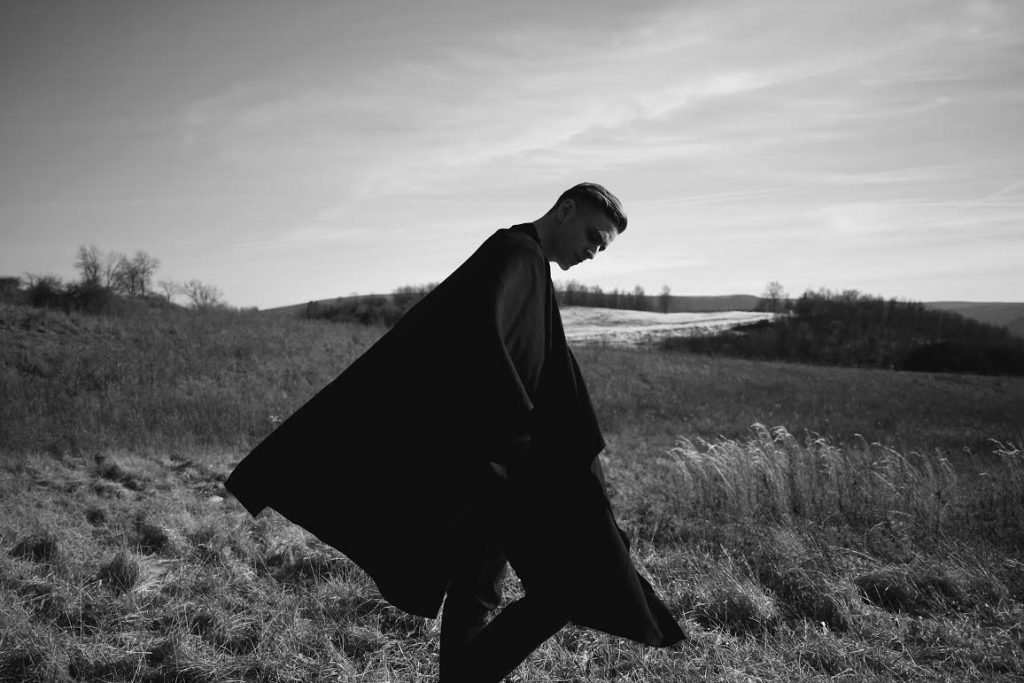
I was lucky to grow up in a musically-centered family, with my mom being a worship minister and my dad (a pastor) always having a hand in his church’s music. I’d watch in awe as they performed every Sunday, and luckily my mom was quick to notice my enthusiasm, so she started me on piano lessons at the age of 5.
After a few years of proving to them I was serious about progressing with my musical skills, they got me into drum lessons – which eventually led me to getting a percussion performance degree at Belmont University.
My time there was likely my biggest influence on learning how to create and perform, as well as compose in modern software like Ableton and Logic.

From starting piano at 5, to now being a full-time musician with abilities on multiple instruments, I’d say my biggest steps have always come from recognizing the role I was needed in the most at each season.
When I began touring with bands, I recognized that the need for me to be able to write full songs and compose in a DAW was most important – which then eventually led to the space I’m at now, with full-time composition and songwriting.
But each step in my journey has also helped lend a hand to the next challenge.
So, taking piano from the ages of 5-12 became a crucial part of my progression into learning percussion.
Drums and percussion ended up helping me gain entry to a great music college, which, in turn, helped me acquire a large tool belt of skills that helped me to become a full-time, professional musician after graduating.
All the skills I gained during that time finally put me where I am today, composing and writing in a large array of styles and genres.
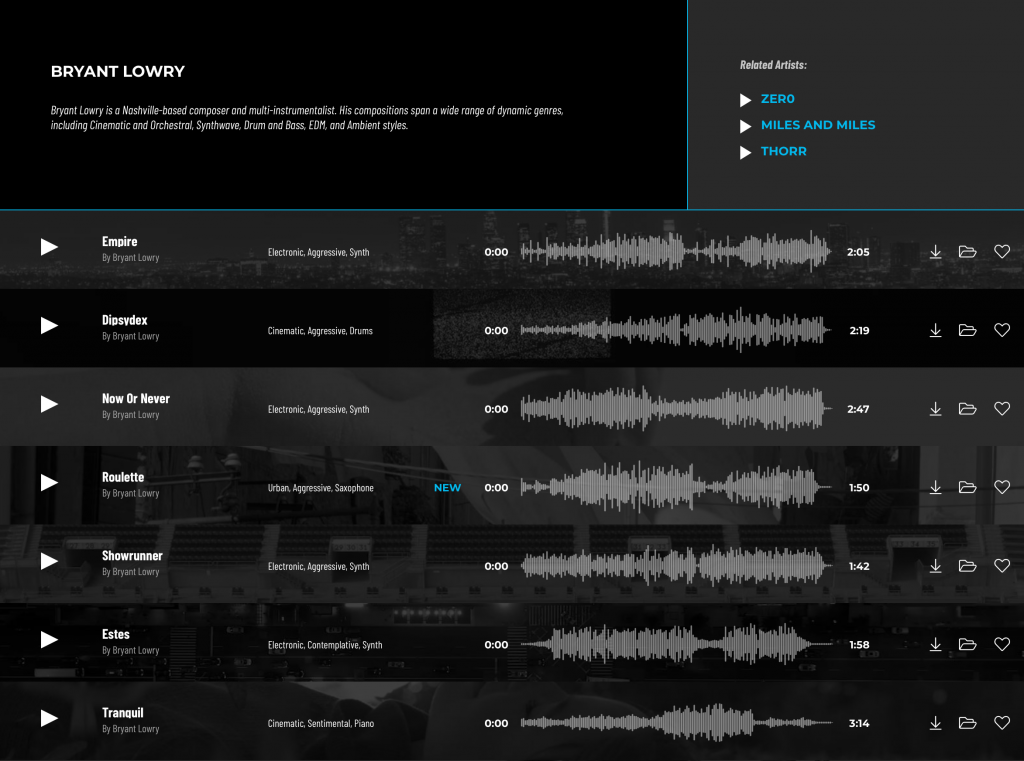
“Amateurs wait for inspiration, professionals go to work.”
This phrase weighs on me daily, as a reminder that creation only gets easier the more time you spend with it.
However, I have lots of days where moods and life feel like they’ve gotten in the way of my ability to get work done. Finding the drive to get over all of those reasons for quitting is still one of the hardest battles.
The other aspect I’d say is the hardest is remembering your worth as a creative PROFESSIONAL.
It’s easy to forget that you are turning out a product that is worth something to a lot of other people in this world.
Selling yourself short in fear of being turned down is among the toughest lessons I’ve had to overcome in my professional life.

I’d say my best characteristic is tied to your question about being a creative professional – and that is sticking to a daily routine.
Every morning, I link up with a friend to work out and run, and then I come back to my place and practice guitar or another instrument for 2-4 hours, and then I’ll begin work.
This system has led to the most creative freedom I’ve experienced since starting the music career (the thought of deviating from my schedule is like hot knives to my brain, haha).
Knowing I’ve got work to do, and knowing that it’s been given the right amount of space in my day to accomplish it, that really helps me stay on track.
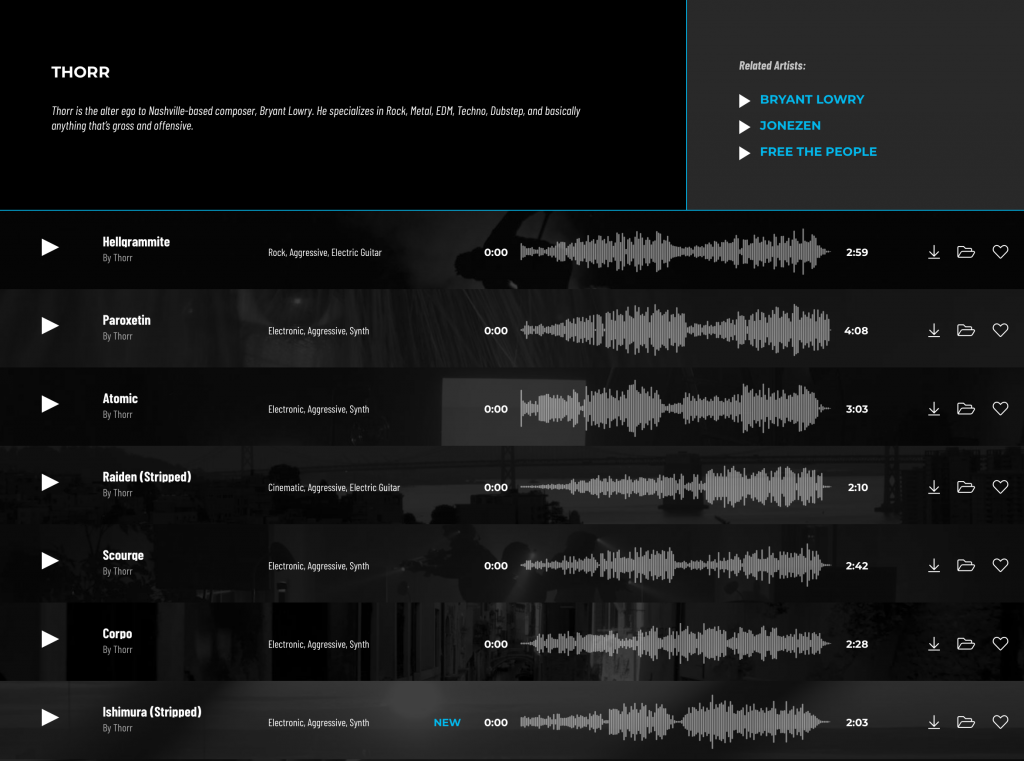
My biggest source of inspiration lately has been in finding great music paired with great imagery.
To see Hans Zimmer find the perfect sounds and melodies to accompany a beautiful scene in a Christopher Nolan film, for example, is something I’ve found most inspiring the past few years.
Great art seems to come in pairs for me, so I’ve begun writing my own pieces to reflect images and scenes that I’d find fitting for the music.

Realistically, I wouldn’t give myself any advice.. haha.
As I’ve grown on this journey, I’ve come to realize that each piece and choice plays a perfect role in helping me become the person I needed to be today.
Sure, I’ve got a number of regrets and lament – but I’ve come to a point where I value all of it for molding me into who I am now.
It’s also worth noting that my music wouldn’t sound anywhere near what it is now if I had avoided even a single moment on the path I’ve taken.

You can license Bryant Lowry’s music, as well as that of his heavier “Thorr” alias, on Filmpac.

I’ve had the unique dual experience of being both a filmmaker and composer. And I’ve used this knowledge to develop these tips.
Continue Reading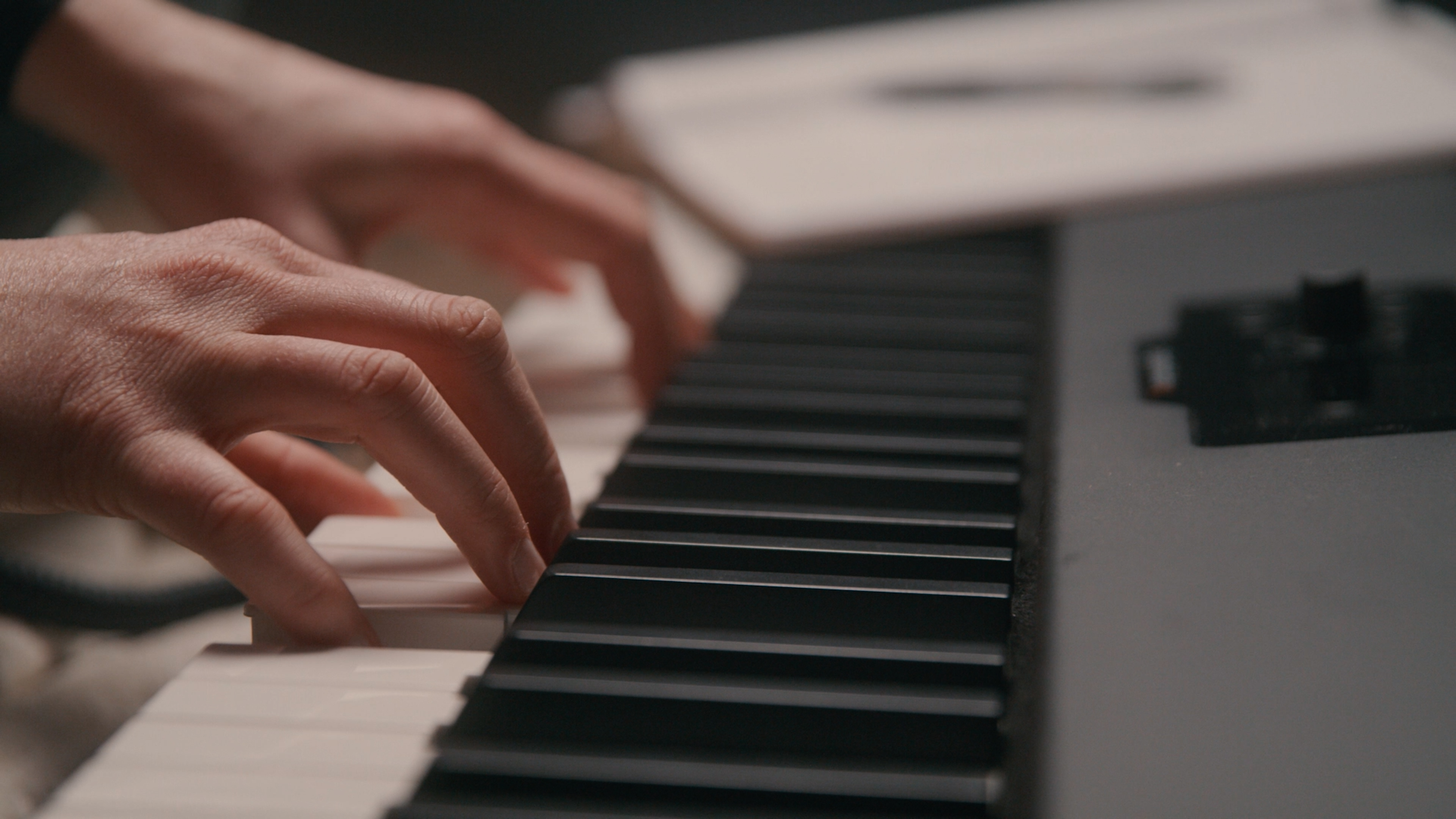
There are basically two ways to get that music: either hiring a composer, or licensing pre-existing music from a stock website.
Continue Reading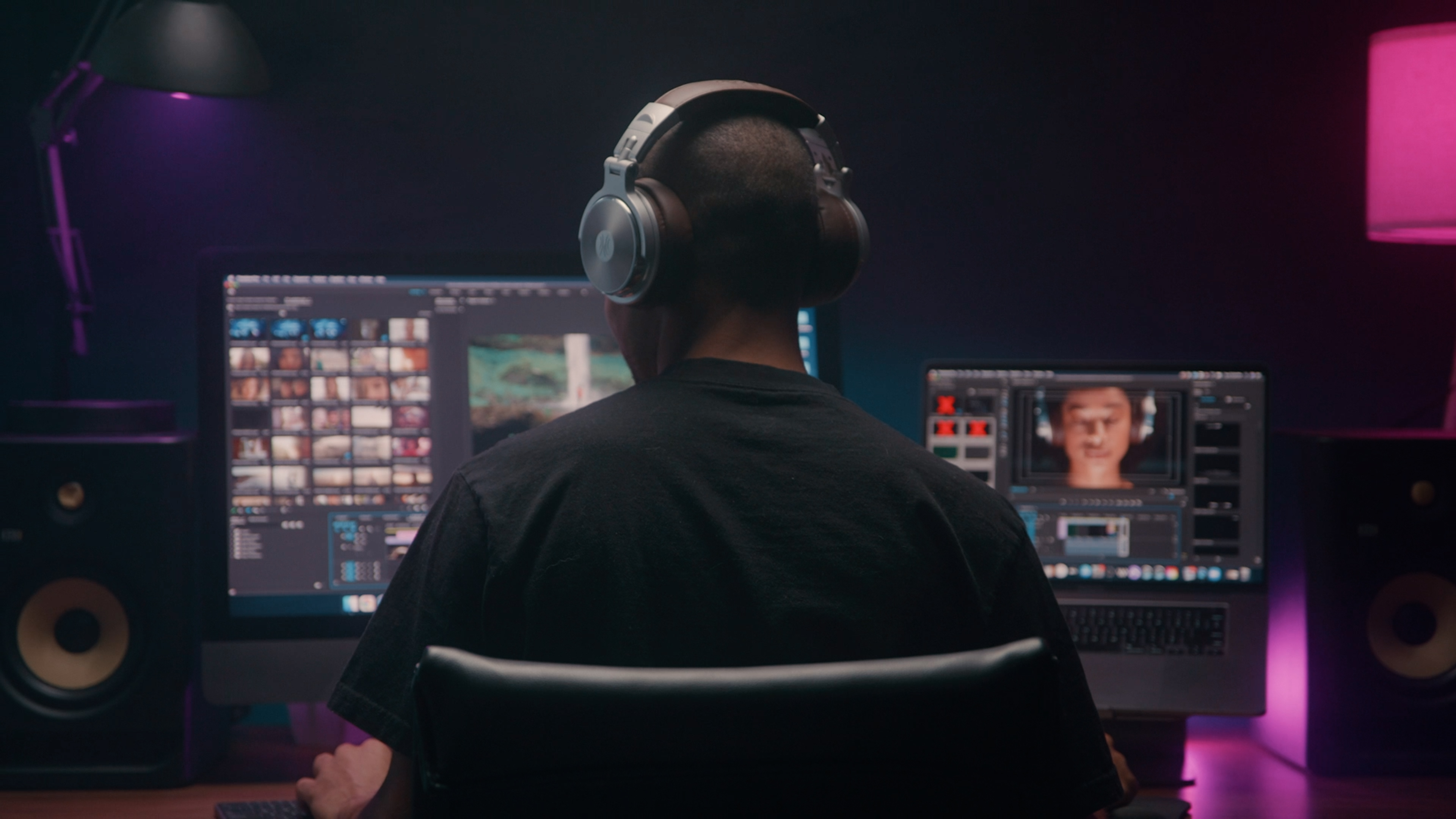
An audio limiter is a great tool to help you control your video’s loudness. We explain when and how to use one here.
Continue Reading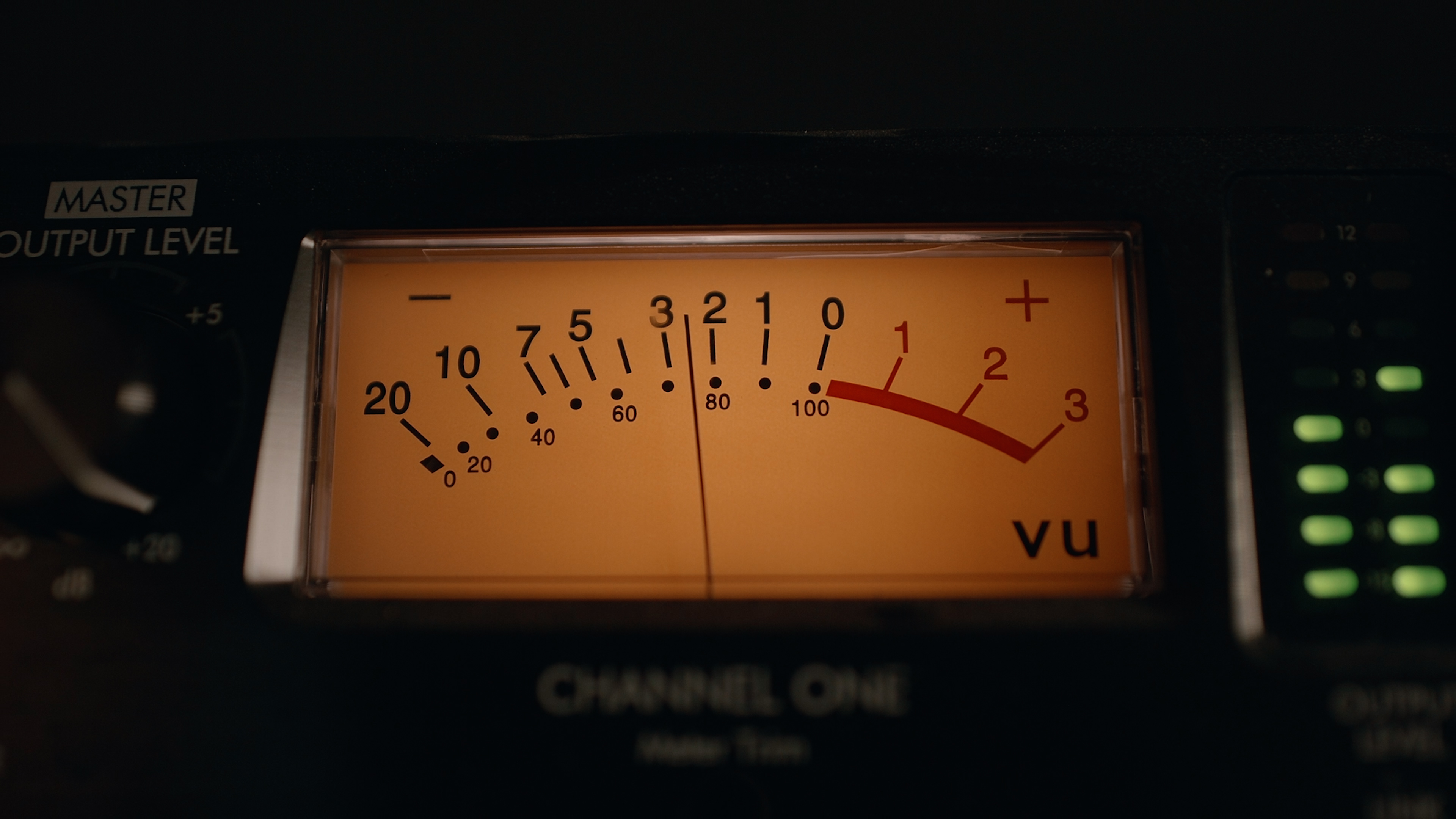
One of the most useful audio effects in video post production is compression. This article explains what it is and when to use it.
Continue Reading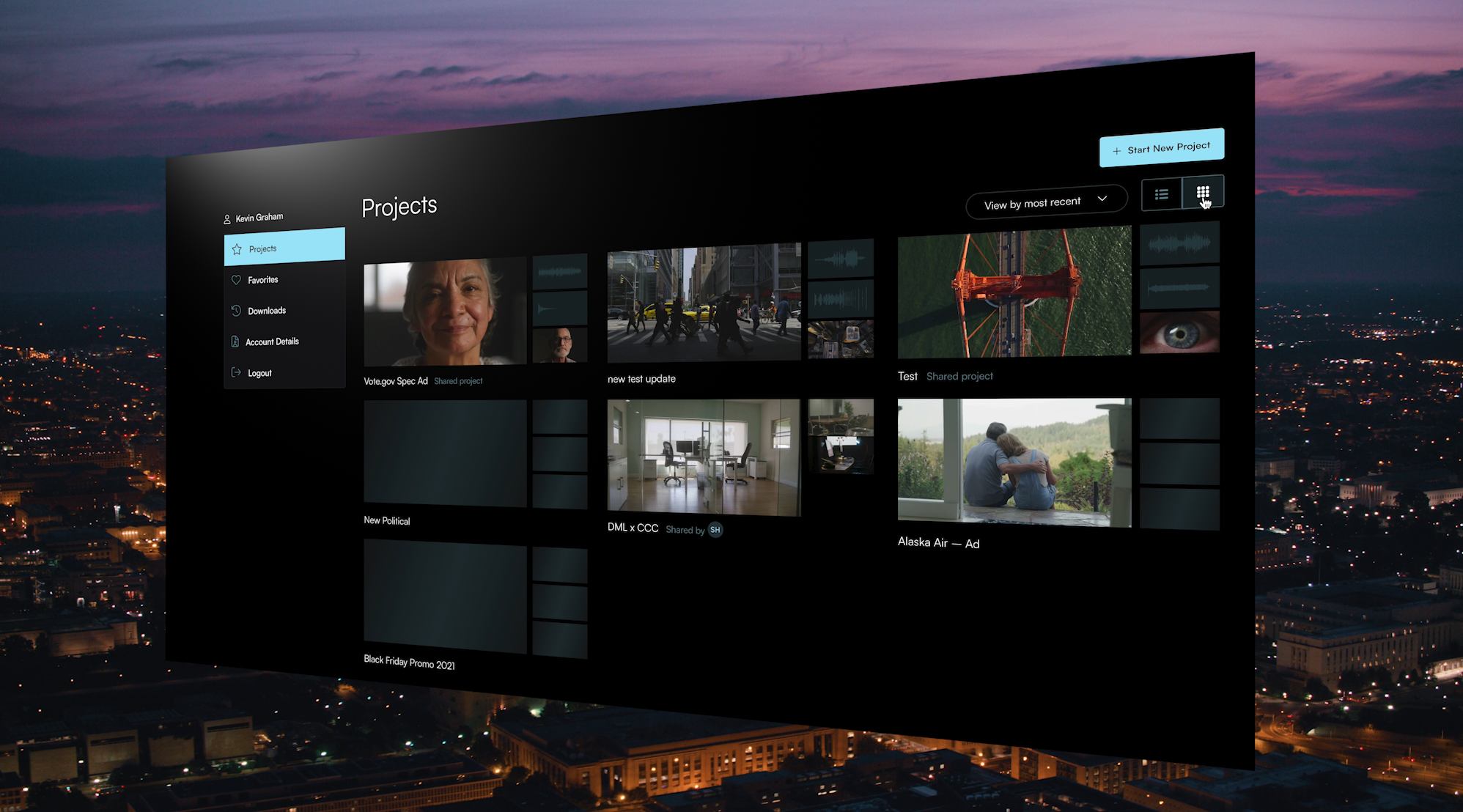
Filmpac’s newly-designed Project Feature is a powerful tool for collaborative video editing. Here’s a quick rundown of how it works.
Continue Reading
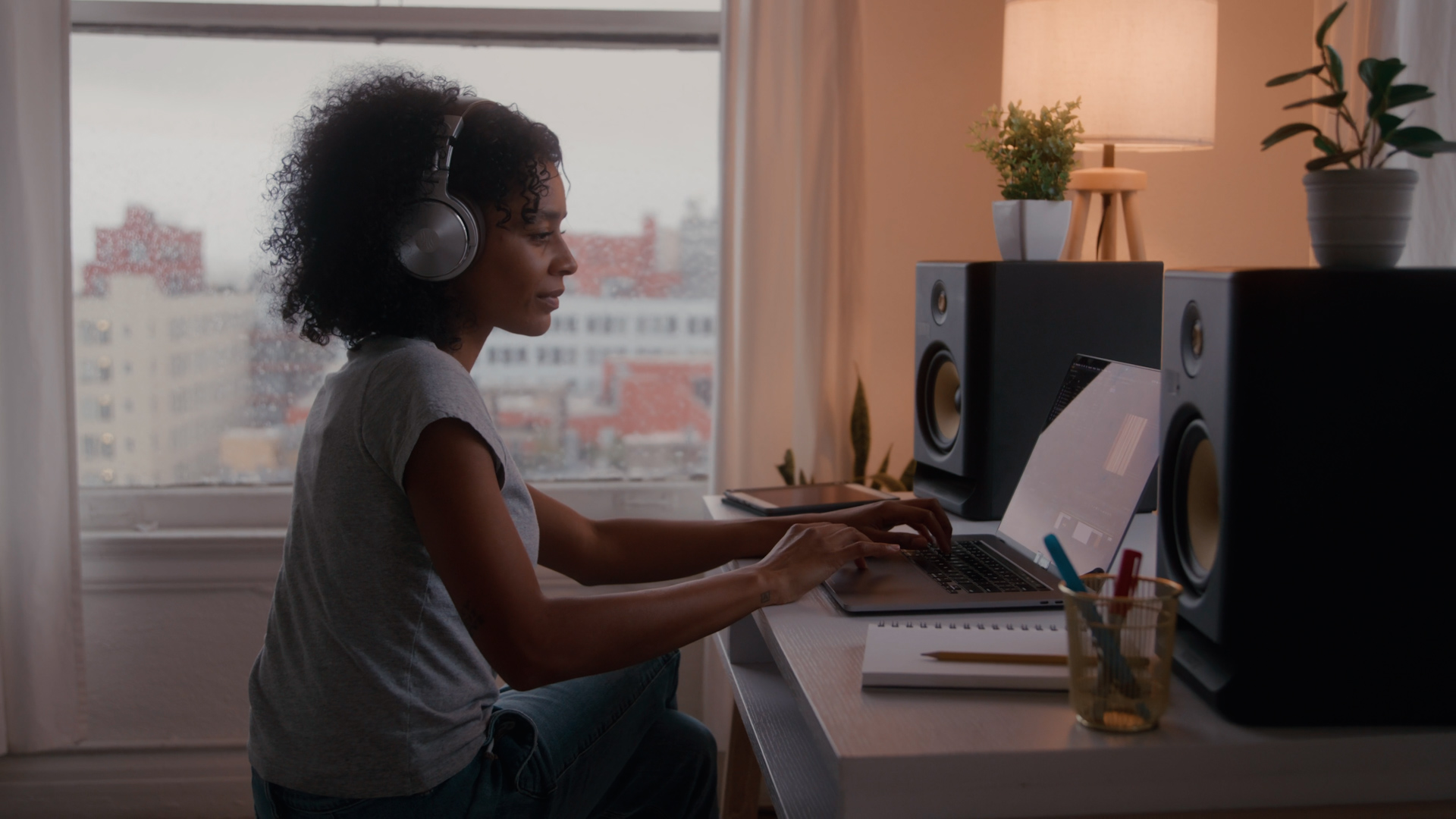
One of the most difficult parts of being a professional filmmaker is effectively managing and budgeting your time.
Continue Reading
Want to make money selling footage through a major stock footage platform like Filmpac? This page will walk you through the processs.
Continue Reading